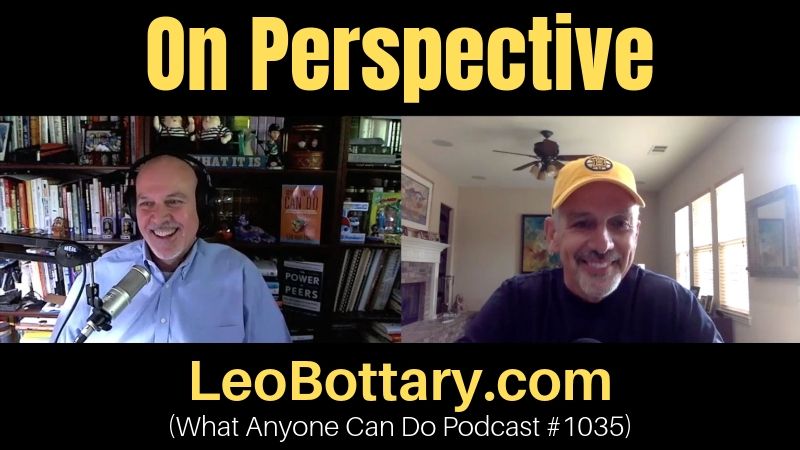It’s funny how language can inspire aha moments. I love Sekou Andrews‘ work for that reason, because for me, he offers much more than clever turns of phrase. When you unpack his brand of poetry, there’s always such rich meaning to be extracted if you take the time to do so. He has since inspired me to look for that deeper meaning no matter who mouths the words.
So during a workshop I conducted for a Vistage Emerging Leaders Group in San Antonio today, one of the members shared that the group was incredibly effective because the members had grown to develop a “vested interest” in the outcome for each of their member’s actions. I immediately asked, “What do you mean by that?”
To digress for a moment, I’d like you to consider my frame of reference for asking the question. When I grew up learning this stuff during my early days with Vistage, part of the value proposition was that CEOs and business leaders could meet with peers who had no “vested interest” in the outcome – meaning they had no financial or professional skin in the game. The point was that they could receive impartial advice from people who knew exactly what it was like to sit in their chair and who had nothing to gain one way or the other.
The vested interest the member was referring to today was quite different. It was vested interest of a higher order. It had nothing to do with personal gain. It had to do with the emotional connection they’ve developed for one another when it comes to wins and losses. While members may join a group without having a vested interest in their fellow members’ outcomes, one could argue that, over time, acquiring this brand of vested interest makes the group that much better. If you think about it, this is exactly what every peer group should be shooting for.
Sekou says, “Tapping into the collective intelligence makes our whole greater than the sum of our smarts.” I learn something new every time I work with a new group. That’s why I love doing it so much! A big thanks to Sekou Andrews and to everyone who challenges us to think about the world a little differently.


